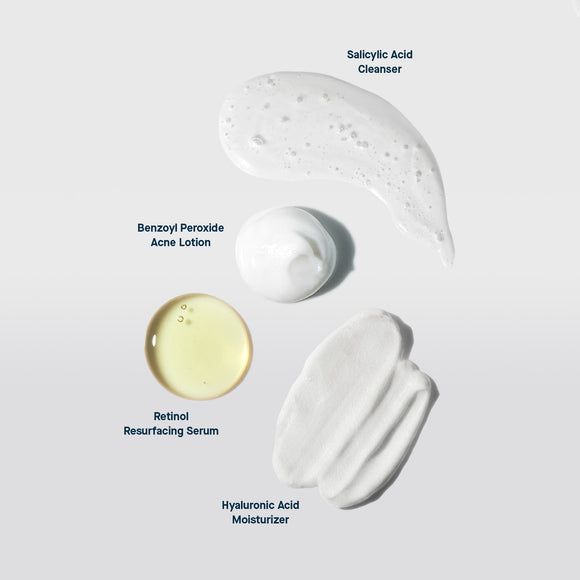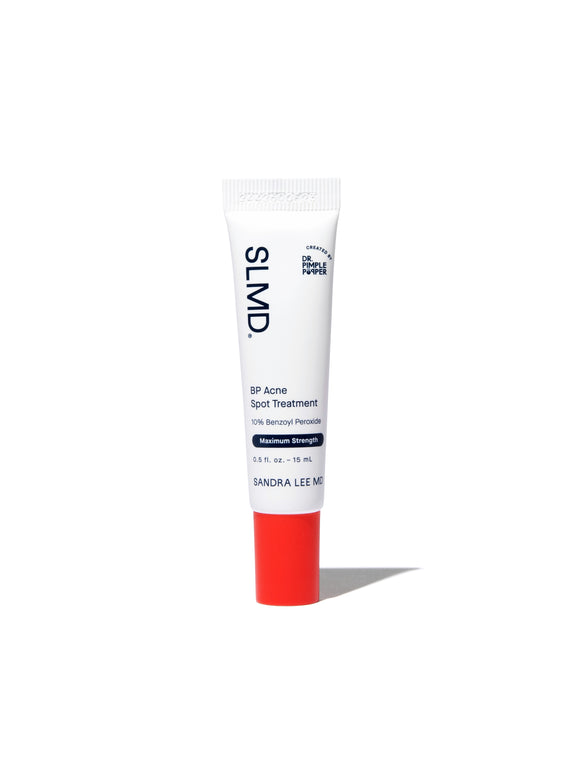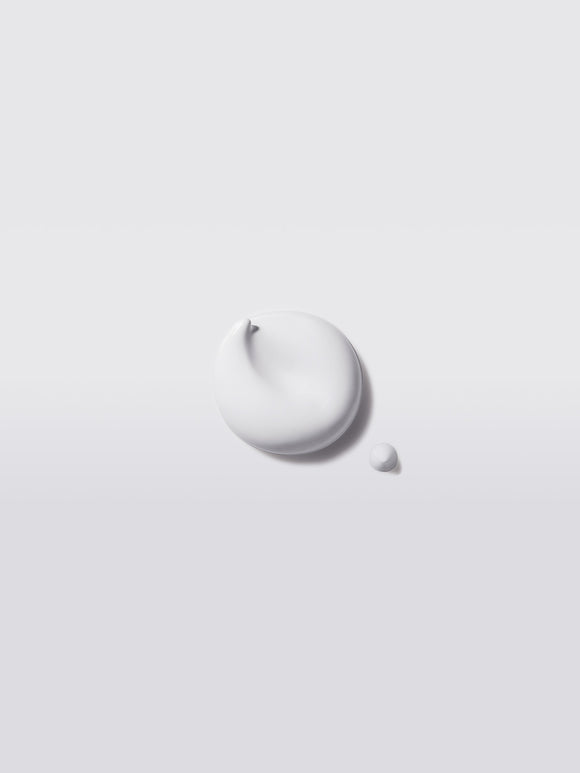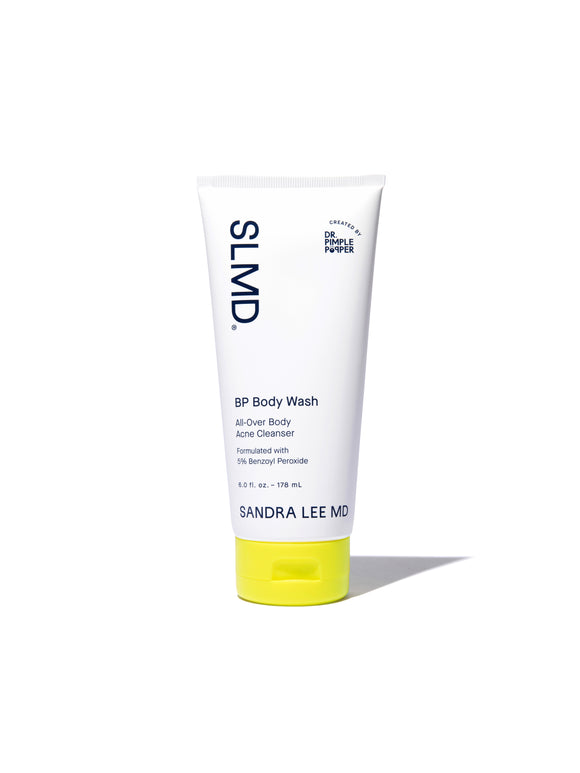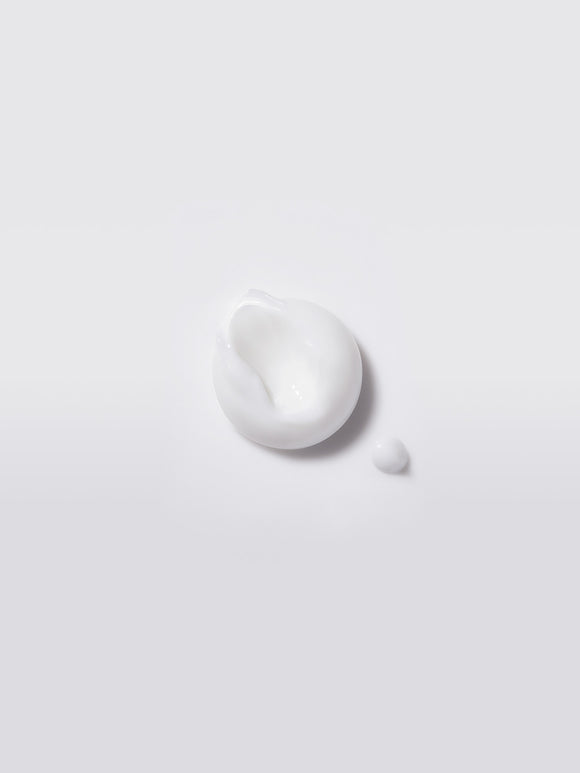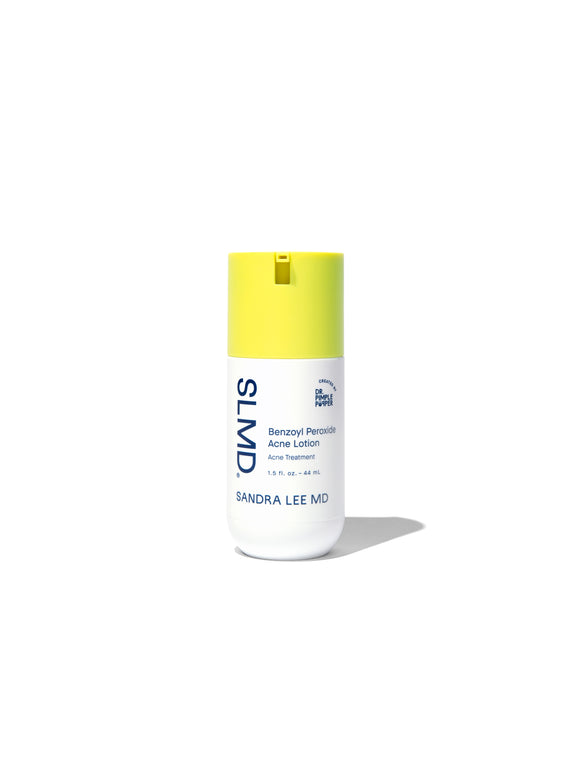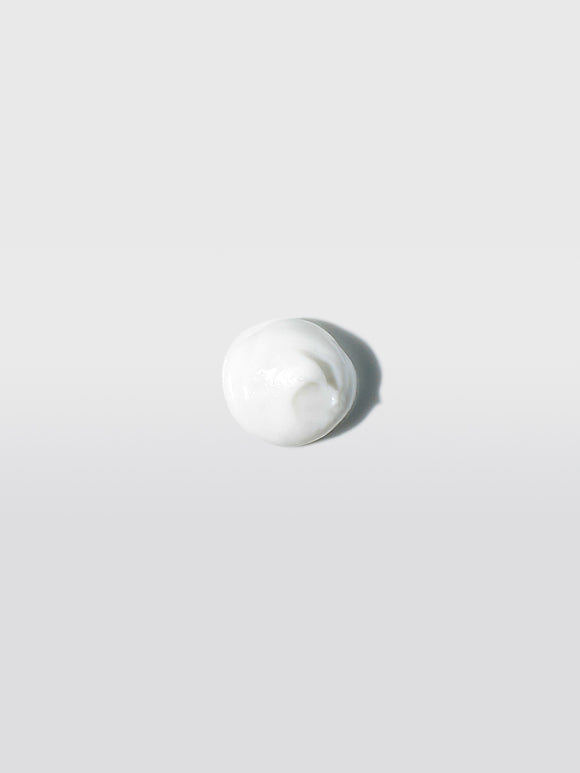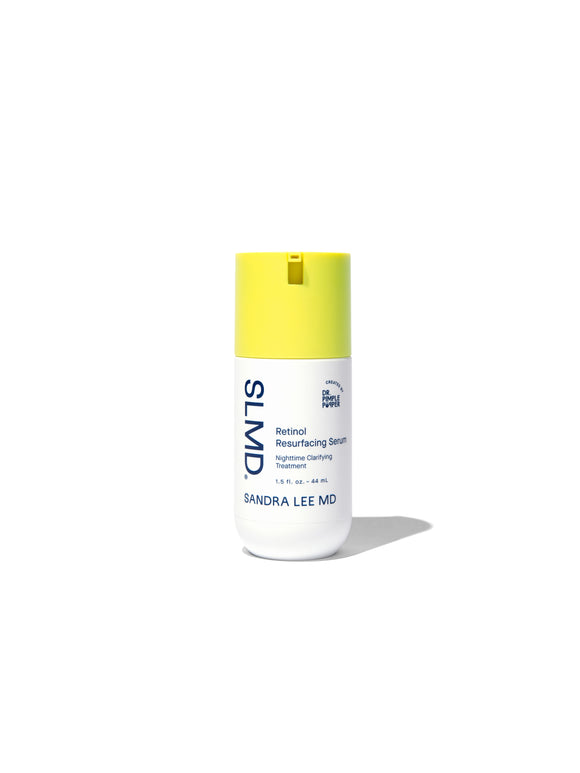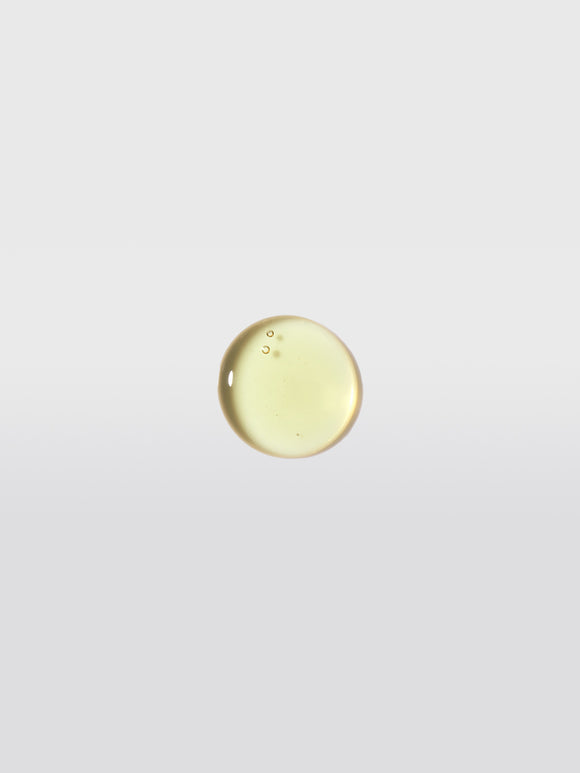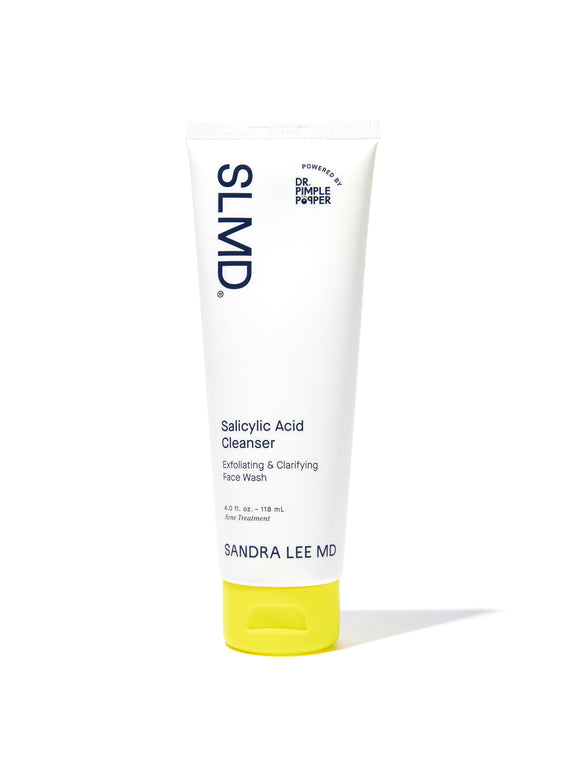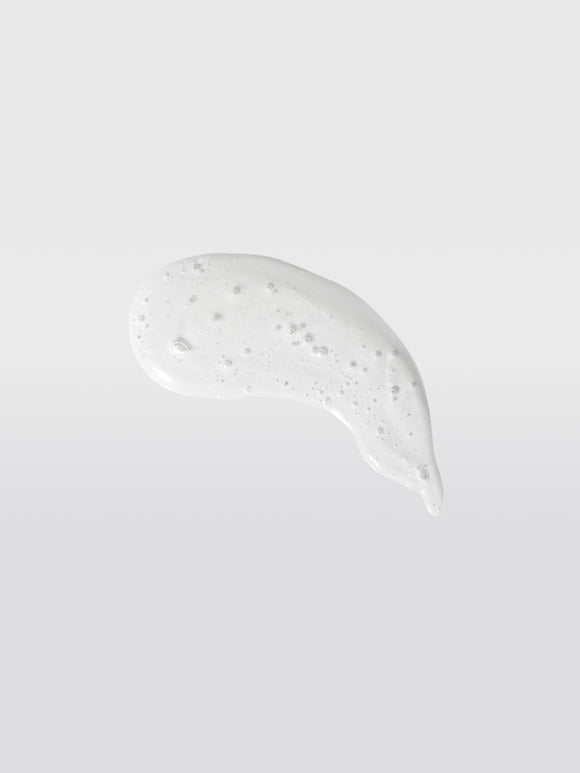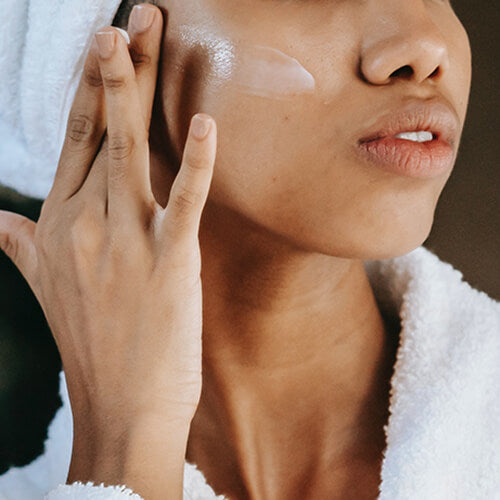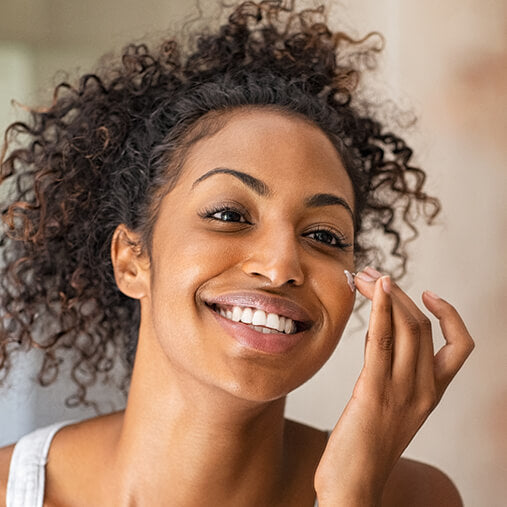
Prescription Skincare vs. Over-the-Counter: Which Is Better?
Many of the active ingredients in skincare are available in different strengths, and in both prescription as well as OTC versions. So which is better: prescription skincare or over-the-counter skincare products? We asked board-certified dermatologist Dr. Sandra Lee (aka Dr. Pimple Popper), for clarification.
Published:
4 minute read
It’s human nature: we tend to assume that stronger typically means better. But when we’re talking skincare, it really is possible to have too much of a good thing. Maximum ingredient potency, mixing too many actives, applying too frequently — all of these are common mistakes that we make when trying to manage a skin condition, STAT.
This confusion has become even more evident with the increasing availability (and advertising) of prescription skincare solutions. So how do we choose between prescription skincare and over-the-counter skincare products? We asked board-certified dermatologist Dr. Sandra Lee (aka Dr. Pimple Popper), for clarification.
How are skincare products regulated in the U.S.?
First things first: let’s clear up some of the most common misconceptions surrounding prescription and OTC drugs. It may come as a surprise, but the U.S. Food & Drug Administration (FDA) does not approve, or even closely regulate, many of the individual personal care products (think: shampoo, moisturizer, makeup) that we use every day. Instead, they review individual ingredients and classify them into two main categories:
- Drugs: substances that treat, prevent, or cure a condition by altering any structure or function of the body. Drugs can be either regulated or approved, prescription or over-the-counter — more on that below. Examples: aspirin, antibiotics, even eyelash serum (if it actually grows hair).
- Cosmetics: products that are applied to the outside of the body to change or improve the appearance. Cosmetics do not affect the function of the body at all. They are regulated by the FDA, but more loosely than drugs, and do not require a prescription.
What’s the difference between prescription and over-the-counter skincare?
If you’re already confused, join the club: many industry insiders don’t even have a full understanding of how the FDA operates. In a nutshell, here’s how skincare products are governed:
- Prescription skincare contains drug ingredients that are specifically defined and monitored by the FDA. This includes products that are:
- FDA approved: they contain proprietary formulas and have gone through clinical trials and a lengthy, costly approval process to receive an individual stamp of approval by the government. Example: brand-name drugs like Retin-A.
- FDA regulated: they are similar to proprietary formulas and have to follow certain guidelines (like correct labeling and no false claims) but aren’t individually reviewed and OK’d by the agency. Example: generic drugs like tretinoin.
- Over-the-counter skincare may or may not contain drugs that are FDA regulated. Here’s how that shakes out:
- OTC products containing drugs must follow the FDA guidelines set out in a rulebook called a monograph, that specifies what percentage concentration of the drug can be sold without a prescription, as well as what needs to be included in the labeling and packaging.
- OTC products that do not contain drugs must follow general FDA guidelines like accurate labeling, but are otherwise not closely monitored (with the exception of color additives, which in fact must be FDA approved for use in both drugs and cosmetics — phew).
What skincare ingredients are regulated by the FDA?
If we explained ourselves well, you’re probably wondering whether some of the ingredients in your skincare products are in fact considered drugs. Thanks to recent changes in labeling laws, there’s an easy way to tell: on the label, they’ll be listed under “Drug Facts” as “Active” ingredients. That’s an official FDA definition, meaning that the ingredient has the power to alter a specific function of the body — that is, it’s a drug and not a cosmetic.
Some of the most common dermatological skincare drugs sold both by prescription and over-the-counter in the U.S. include:
- Retinoids: vitamin A derivatives like retinol, tretinoin, and isotretinoin
- Salicylic acid: a beta hydroxy acid exfoliant
- Benzoyl peroxide: an anti-inflammatory and antimicrobial that kills acne bacteria
- Sulfur: a natural mineral with anti-inflammatory and antimicrobial properties
What’s better: prescription or over-the-counter skincare?
According to Dr. Lee, the best skincare product for you is the one that contains the minimum amount of active ingredients to address your particular concern. In other words, don’t use a sledgehammer to crack a nut. Here’s her best step-by-step advice for treating most mild skin concerns like acne or keratosis pilaris:
- Start with OTC products from a trusted brand known for using high-quality formulas. Follow the label instructions precisely.
- If regular-strength over-the-counter products don’t address your concerns, try increasing to a maximum-strength OTC product.
- Consult with your dermatologist if your condition persists or worsens, to determine whether a prescription product might work better for you.
- Be patient: with both over-the-counter and prescription skincare products, it can take more than a month to see results.
As always, this advice is not a substitute for talking to your doctor if you’re experiencing a medical problem.
What are some over-the-counter skincare products that work as well as prescription ones?
Again, whether you need a prescription product or OTC skincare all depends on your skin’s particular needs. Here are a few of Dr. Lee’s top recommendations for over-the-counter products that have related prescription counterparts:
Retinoids
Most people respond well to over-the-counter retinol, says Dr. Lee, but it does take longer to work than its prescription cousin, tretinoin. The upside? Less initial irritation and better compatibility with other active ingredients. Apply only at night, and use sunscreen daily. Try this SLMD Skincare:
Benzoyl Peroxide
This powerful acne-fighting ingredient has been available over-the-counter for decades in low concentrations, and was officially ruled GRASE (Generally Recognized As Safe & Effective) by the FDA in 2011. Find it in these SLMD Skincare products:
Colloidal oatmeal
This soothing natural ingredient, FDA approved in 2003, has been shown in recent studies to be as effective in treating atopic dermatitis (aka eczema) as prescription barrier creams.
Hydrocortisone
Available in low concentrations for decades, this ingredient calms irritation and inflammation from chronic skin conditions as well as rashes, bites and stings. Use only as directed, for no more than 7 days at a time.

Dr. Lee's Last Word
There’s a common misconception out there that prescription skincare is better than over the counter products. But the truth is, many of the dermatological ingredients I use in my SLMD Skincare line are available in non-prescription strength — and are very effective in managing everything from acne to premature aging.




